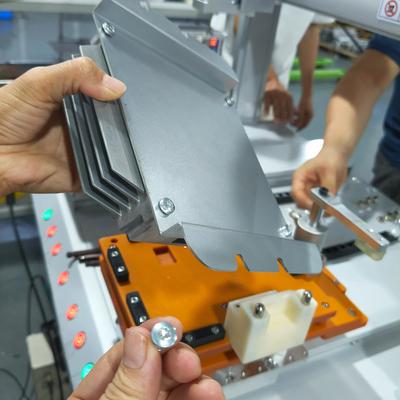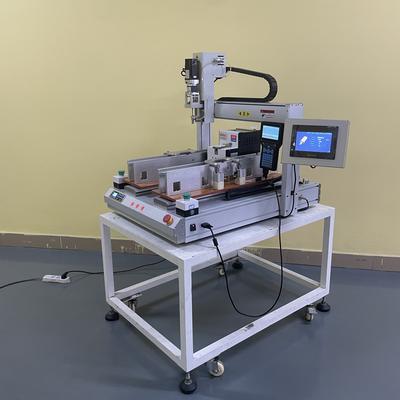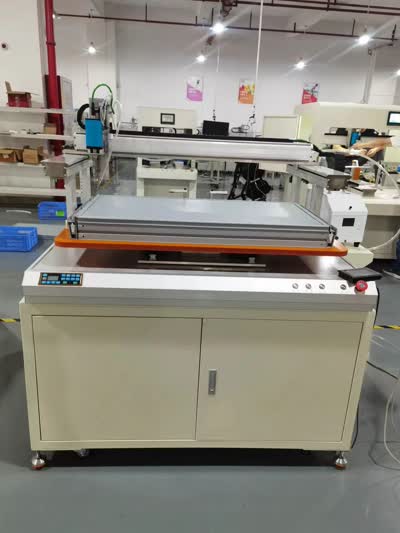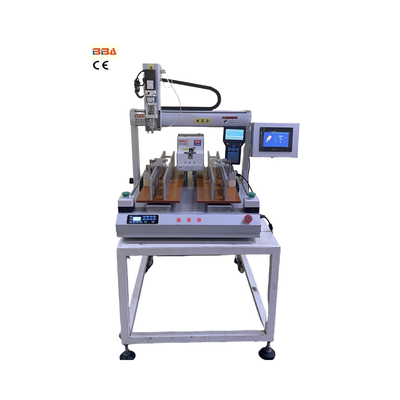Optimizing Screw Assembly Machine Performance: Key Metrics & Efficiency

| Product Name | Applicable industries |
| CNC Screw Fastener | Smart Wearables Production |
In the competitive landscape of industrial automation, screw assembly machines play a critical role in ensuring efficiency and precision in manufacturing processes. To maximize productivity and maintain high-quality standards, it is essential to monitor and evaluate performance metrics for these machines. This article explores the key performance indicators (KPIs) that help optimize screw assembly operations and ensure reliable outcomes.
1. Cycle Time
Cycle time measures the duration required to complete one full assembly cycle, from picking up a screw to fastening it in place. A shorter cycle time indicates higher throughput, while delays may suggest inefficiencies in the feeding system, torque control, or operator intervention. Monitoring this metric helps identify bottlenecks and streamline processes.
2. First-Pass Yield (FPY)
FPY represents the percentage of correctly assembled screws on the first attempt without rework. A high FPY indicates consistent machine performance, whereas a low yield may point to misalignments, incorrect torque settings, or material inconsistencies. Tracking FPY ensures quality control and minimizes waste.
3. Torque Accuracy
Precise torque application is crucial for screw integrity and product durability. Deviations from the target torque can lead to under-tightening (causing loosening) or over-tightening (risking material damage). Real-time torque monitoring and automated adjustments enhance consistency and reduce defects.
4. Machine Uptime
Uptime measures the operational availability of the screw assembly machine. Unplanned downtime due to jams, maintenance, or software errors disrupts production. Implementing predictive maintenance and quick-change tooling systems can maximize uptime and reduce costly interruptions.
5. Rejection Rate
The rejection rate quantifies defective assemblies that fail quality checks. Common causes include cross-threading, stripped screws, or misplacement. Analyzing rejection patterns helps fine-tuning machine settings and improving operator training to reduce errors.
6. Energy Consumption
Energy-efficient screw assembly machines lower operational costs and environmental impact. Monitoring power usage per cycle and adopting servo-driven systems can optimize energy consumption without compromising performance.
By systematically tracking these performance metrics, manufacturers can enhance the reliability, speed, and quality of screw assembly processes. Investing in advanced automation solutions with built-in analytics ensures continuous improvement and a strong return on investment.


